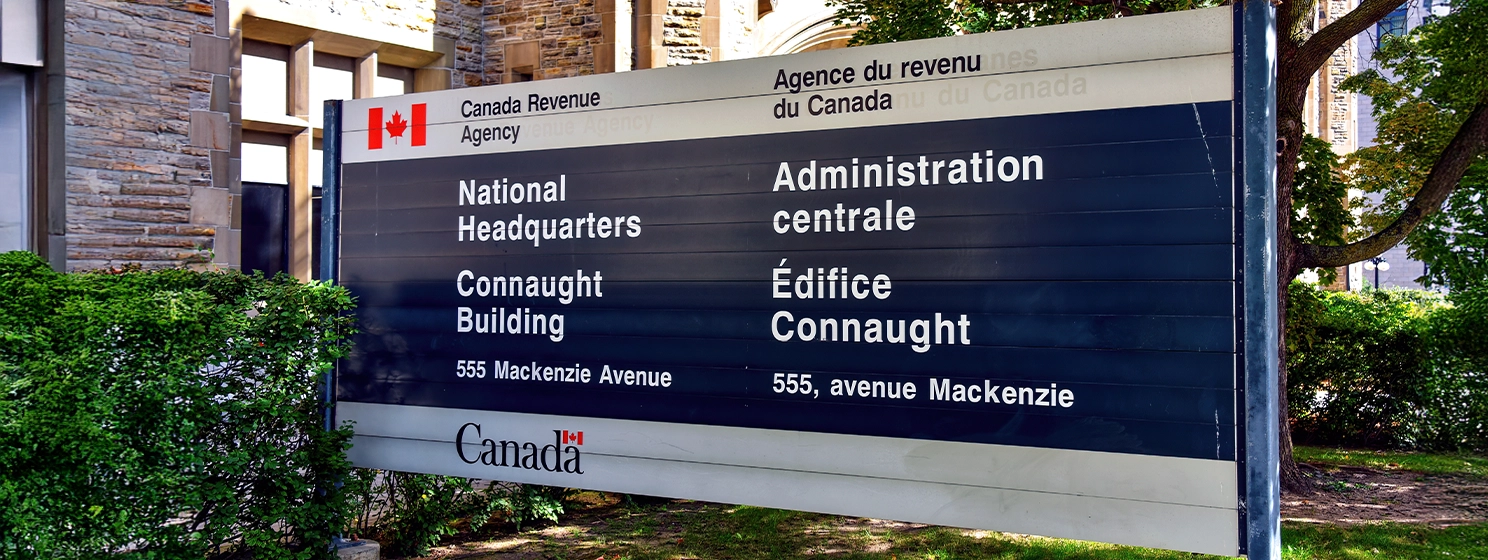|
Getting your Trinity Audio player ready...
|
Many countries have been wrestling with the concept of cryptocurrency regulation and blockchain technology, and the United States is no exception, and many have pointed out that a clear regulatory framework for cryptocurrency could provide a much-needed catalyst for institutional money to begin flowing into the cryptocurrency markets, as well.
The Digital Chamber of Commerce, the world’s largest blockchain association with over 200 members including influential financial institutions, law firms, and investment firms, has called for a “National Action Plan” with regards to blockchain technology in the United States. The message behind the plan is for the United States to publicly support the sector without stifling innovation.
A ‘Boring’ dialogue
Perianne Boring, who founded the Digital Chamber of Commerce, has been outspoken about her belief that the U.S. government should be proactive about blockchain. She specifically believes that this would help America maintain a global leadership position with regards to blockchain, and called for real action on the government’s part.
Boring and SEC Commissioner Hester Peirce sat down at the D.C. Blockchain Summit to discuss steps that the government should take, and it is clear that Peirce has a different idea as to how innovation should occur. Peirce is quite famous in the cryptocurrency space as “Crypto Mom,” as she was the vocal dissenter who believed that a Bitcoin Core (BTC) ETF should be approved in July 2018, which made her famous in the cryptocurrency community almost immediately.
Peirce suggested that while regulation is extremely necessary, the government should try to stay away from partnerships with the private sector. She referred to the fact that it has “gotten us into a lot of problems in the past,” although she did not seem to elaborate on this particular point. Peirce stressed that the innovation should “happen on its own.”
Of course, given Peirce’s “Crypto Mom” status, this by no means suggests that she doesn’t want innovation. She urged blockchain entrepreneurs to reach out to the agency for clarity, so that they could start a conversation about pain points and then “move forward with guidance.”

 12-13-2025
12-13-2025 





